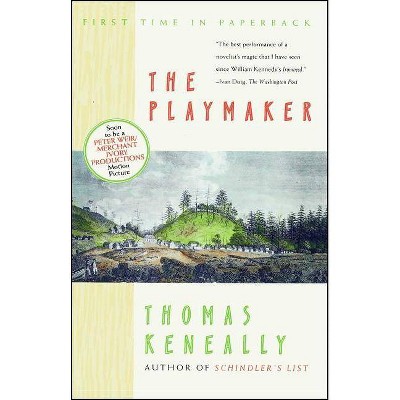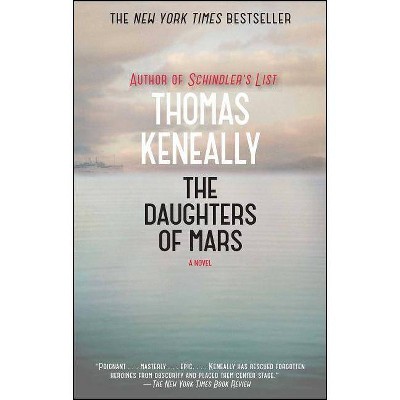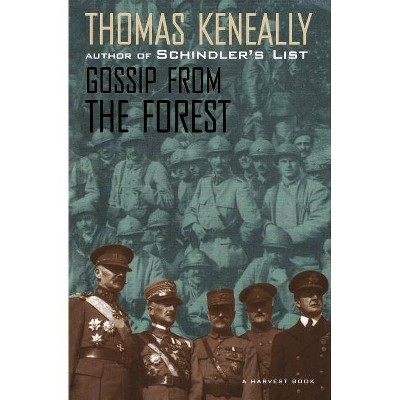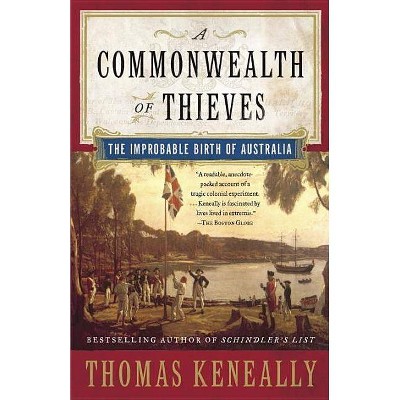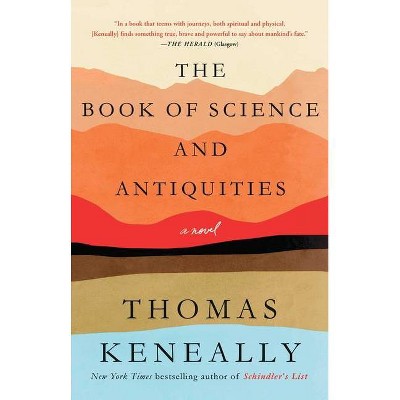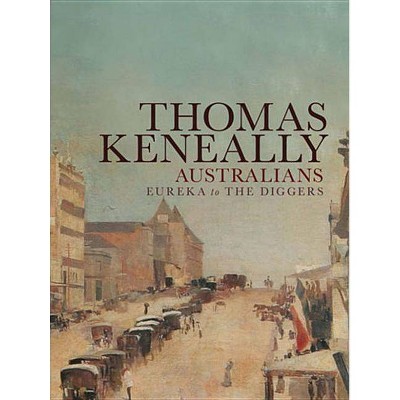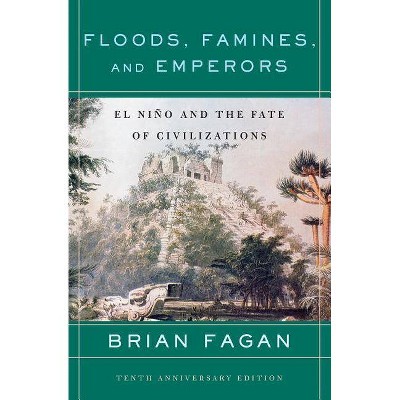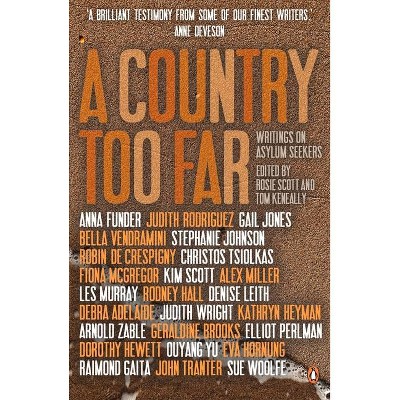Three Famines - by Thomas Keneally (Paperback)
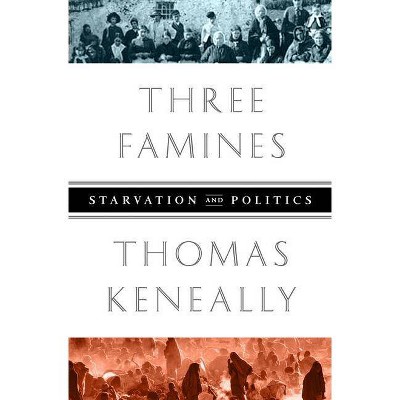
Similar Products
Products of same category from the store
AllProduct info
<p/><br></br><p><b> About the Book </b></p></br></br>"In the Irish, Bengali and Ethopian famines, ideology, mindsets of governments, racial preconceptions and administrative incompetence were more lethal than the initiating blight, the loss of potatoes or rice or the grain named teff."--Dust cover.<p/><br></br><p><b> Book Synopsis </b></p></br></br>Famine may be triggered by nature but its outcome arises from politics and ideology. In <i>Three Famines</i>, award-winning author Thomas Keneally uncovers the troubling truth -- that sustained widespread hunger is historically the outcome of government neglect and individual venality. Through the lens of three of the most disastrous famines in modern history -- the potato famine in Ireland, the famine in Bengal in 1943, and the string of famines that plagued Ethiopia in the 1970s and 1980s -- Keneally shows how ideology, mindsets of governments, racial preconceptions, and administrative incompetence were, ultimately, more lethal than the initiating blights or crop failures. <p/> In this compelling narrative, Keneally recounts the histories of these events while vividly evoking the terrible cost of famine at the level of the individual who starves and the nation that withers.<p/><br></br><p><b> About the Author </b></p></br></br><b>Thomas Keneally</b> won the Booker Prize in 1982 with Schindler's Ark, later made into the Academy Award-winning film <i>Schindler's List</i> by Steven Spielberg. He has written ten works of non-fiction, including his recent memoir <i>Searching for Schindler</i>. His novels <i>The Chant of Jimmy Blacksmith, Gossip From the Forest</i>, and <i>Confederates</i> were all shortlisted for the Booker Prize, while <i>Bring Larks and Heroes</i> and <i>Three Cheers for the Parclete</i> won the Miles Franklin Award. He lives in Australia.
Price History
Price Archive shows prices from various stores, lets you see history and find the cheapest. There is no actual sale on the website. For all support, inquiry and suggestion messagescommunication@pricearchive.us
